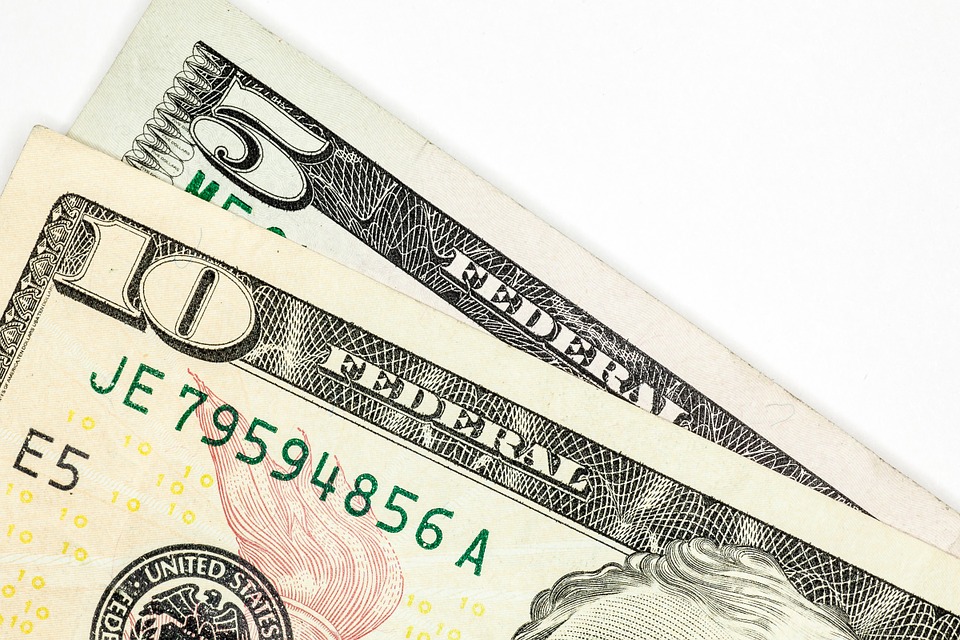Foreclosure, credit debt, and bankruptcy follows consumers for seven-to-ten years. Here’s what to know about avoiding the next decade of monetary anxiety.
For most of us, there are a number of real life events holding us back from property ownership, whether it’s that one credit card you’ve been paying off or that timeshare you’re trying to get out of now that children are in the picture.
College debt, car loans, and the inability to aggressively save all get in our way of being able to seriously look at houses and have that 20% down payment.
But we can’t wait seven years for bad debt to disappear, so what are young couples and professionals to do?
Negotiate for lower payments
Whether it’s your Federal Loans, private loans, or credit card debt, don’t let payments go delinquent (as most of us do because of inconvenience or lack of monthly wages). Negotiate with every company you can, and pay something every month, rather than being reported for non-payment, which leads to years of debt problems without actual credit to use each month if you need.
Most credit card and loan companies will negotiate APR and monthly rates so that you can keep a line of credit open. Their number one goal is to keep you as a customer and keep you paying as long as you can. Always pay as much as you can and for as long as you can. Be honest with the loan companies about your salary limitations.
Mo’ Money, Mo’ Problems
The ratio of income to debt is roughly the same no matter what you make–the wealthy are in debt as much as those who make under $120K. The world runs on debt, so there are plenty of companies willing to trade, buy, and secure your debt payments so they can make money off the awful reality of owing money.
If you can pay off one loan with a secured lender that comes directly out of your paycheck, you’ll be able to save for that house or property as you pay off your debt. Whichever is the most secure and conservative means to paying down debts is usually the best. There are plenty of quick-loans that might put you more in debt with higher APRs and daily average penalties.
Pay, pay, pay
The best thing we can do is to take charge of our debt. Own a timeshare and need a to know how to get out of a timeshare? Contact companies with proven timeshare exit strategies and great customer reviews to help you focus on your current home that you can afford.
Car payments and rent too much? Then consider a radical change to your third-largest expense.
Bank not offering enough personal loans? Consider a credit union or non-traditional loan. Credit union loans are competitive and almost always come with low rates and fees, which translates into a lower cost of borrowing overall. And it will be easier to get approved (on average).
Also, FHA or HUD-certified means of home ownership are available once you’ve taken care of your debt and applied or taken a workshop provided by the same non-profit agencies.
Whether you’re a young couple without kids looking to start clean or older parents who have been struggling to pay down college loans (which almost never go away), there is a healthy path for you to take control of your debt and income. Declaring bankruptcy and counting on the seven-year promise of a blank slate doesn’t always show how determined you are to enter the world of home-ownership.
Consider the “hard road” of getting your affairs in order so that when you put down that 20% and consider the amount of fixes you need to make to your dream home, you’re securing your future better than most.


